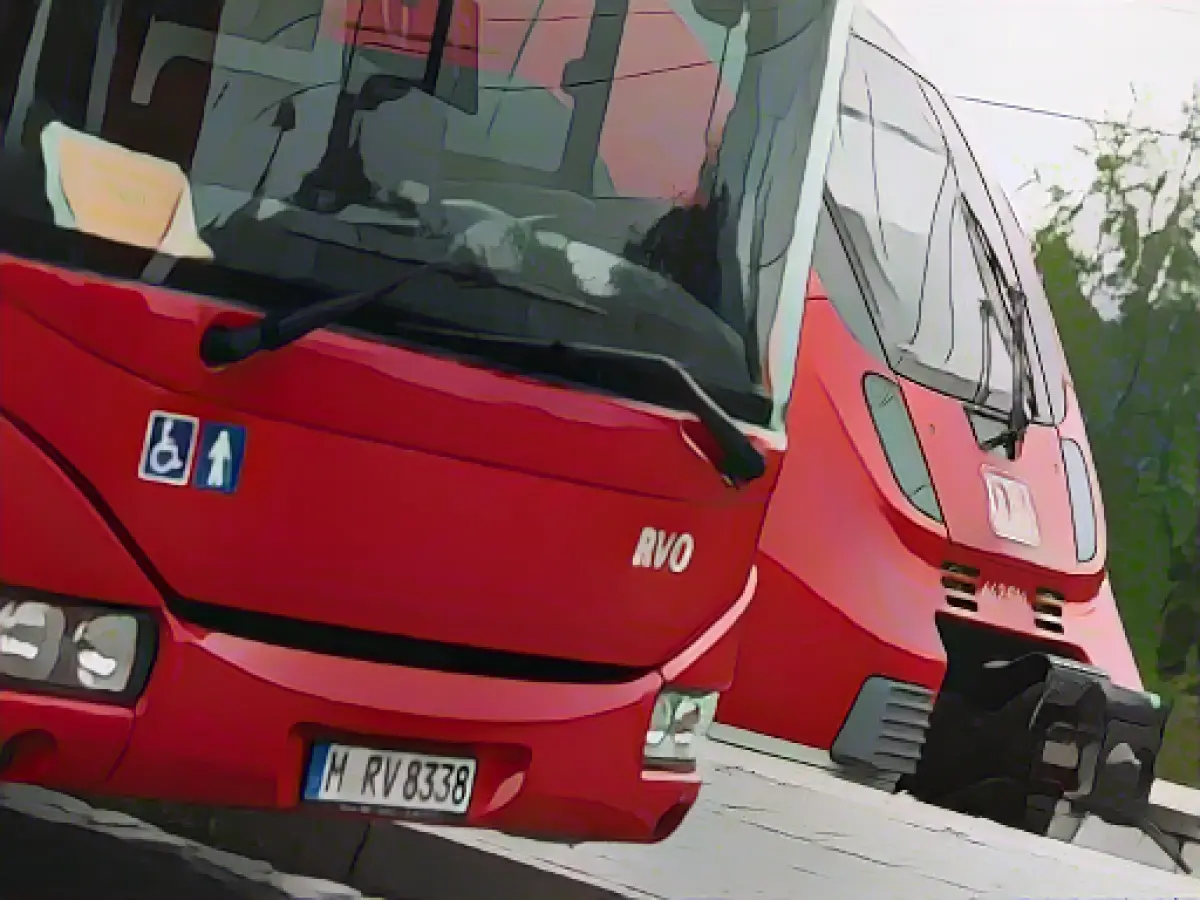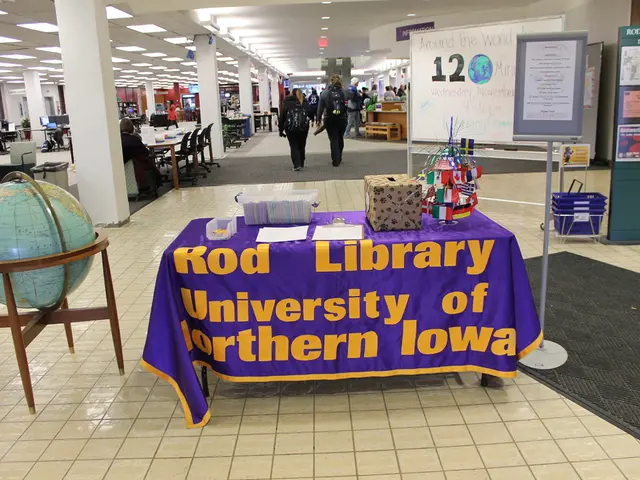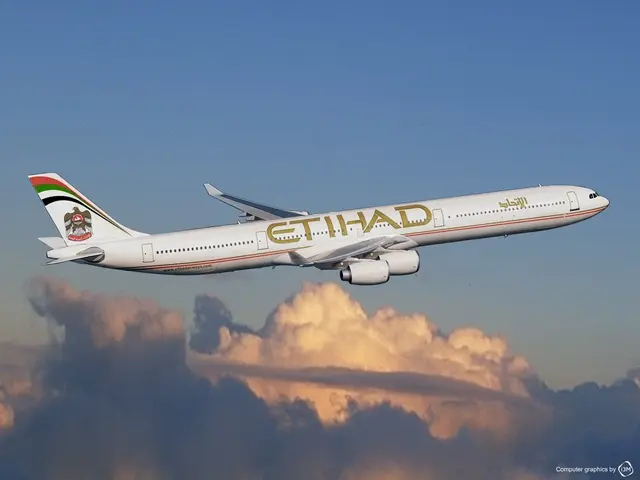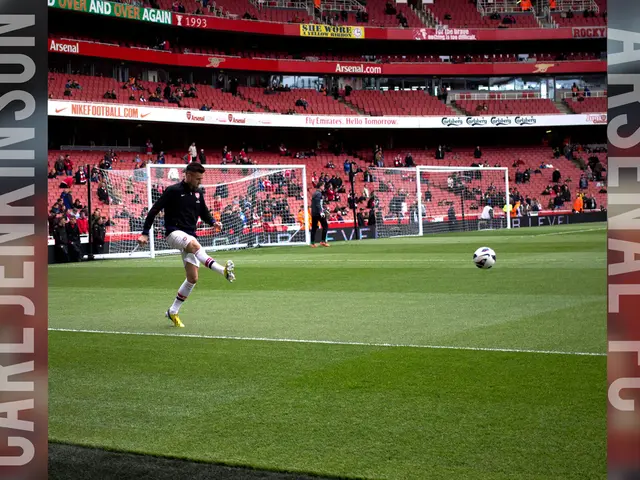Hailing Hope for Alpine Adventurers: A Possible Alpenbus Solution
With the mountains as a breathtaking backdrop, the southern vacation region, nestled below Munich, yearns for an alleviation. An Alpine bus, connecting noteworthy spots like Rosenheim, Bad Tölz, and Murnau, could become a reality. Currently, travelers often take a circuitous route via Munich using public transportation, such as trains. Initially, the idea of constructing two express bus routes seemed questionable. However, recent developments have sparked renewed optimism that this wish could manifest in 2025. "As long as district committees approve the project, there's nothing preventing its implementation," the Bavarian Transport Ministry declared on Tuesday.
Green Party's mobility spokesperson in the state parliament, Markus Büchler, echoed this sentiment, expressing confidence that this Alpine connection would make sense for the area, reducing congested roads and offering motorists an attractive alternative to their cars. "Given everyone's commitment, it's doable, but it's quite ambitious," Büchler said.
Local involvements are crucial. Meetings involving the participating municipalities, such as Bad Tölz-Wolfratshausen, Miesbach, and Weilheim-Schongau, or the city of Rosenheim, are taking place. In the Rosenheim district, the supervisory board of the transport company (RoVG) will convene on December 6, with a decision likely to favor the project's timeline.
Resources remain a challenge. The Bavarian government contributes to public transport authorities' initial funding. For the first year, there's an 65% funding rate, followed by 60% and 55% in the second and third years. By the fourth year, Bavaria will cover half of the operating cost deficits. Subsidies are also earmarked for concept creation expenses.
Green Party's Büchler, however, argued fundraising isn't sufficient. Citing high inflation, wage costs, and other expenditures, the CSU state government unilaterally imposed the Alpenbus project as a "state-significant bus line" without fully funding it, according to Büchler. He advocated for additional funding, suggesting financial constraints for the local authorities.
Relief approaches next week. According to the districts of Rosenheim, Miesbach, and Bad Tölz-Wolfratshausen, as well as the city of Rosenheim, they will join the Munich Transport Association (MVV) by December 10, facilitating a streamlined ticketing process. Garmisch-Partenkirchen and Weilheim-Schongau will join this association later with additional municipalities.
Rosenheim District's demands are clear-cut. For the project's success, the district office emphasizes the necessity of implementing the MVV tariff and suggests year-round, 7-day-a-week operation at hourly intervals.
If funding can be secured, the Alpenbus project could drastically reduce traffic in the Alpine region. Providing an alternative to travel via car and eliminating the need for Munich detours, this innovation could revolutionize day-to-day commute and tourism. The planned 2025 start date is a pious aspiration, but its success hinges on substantial financial backing.








